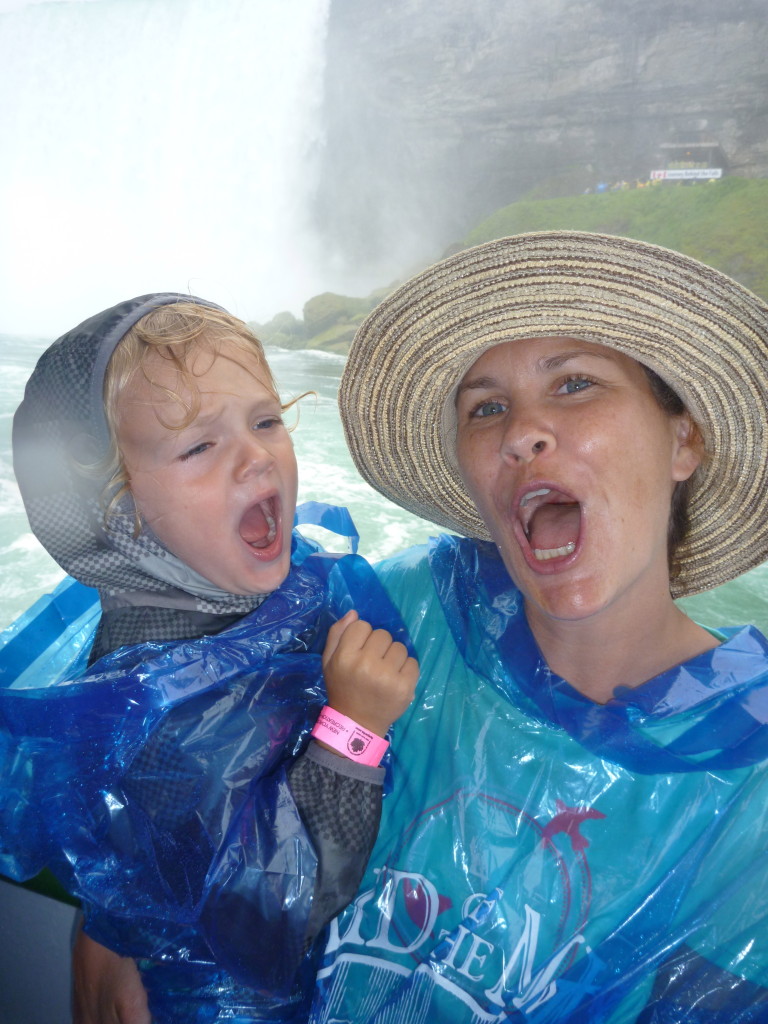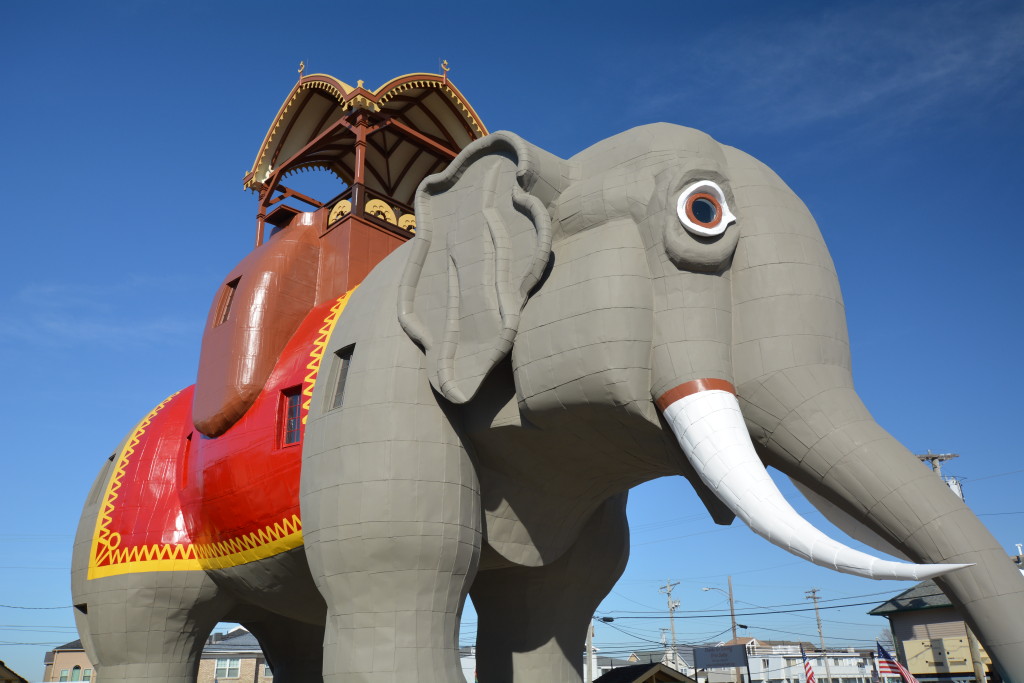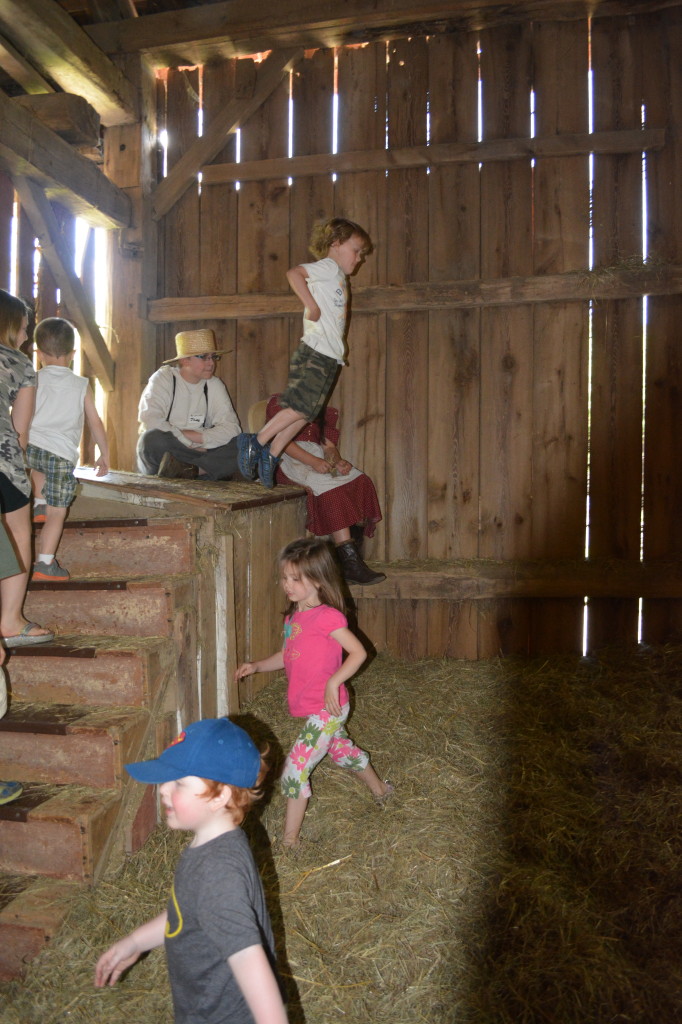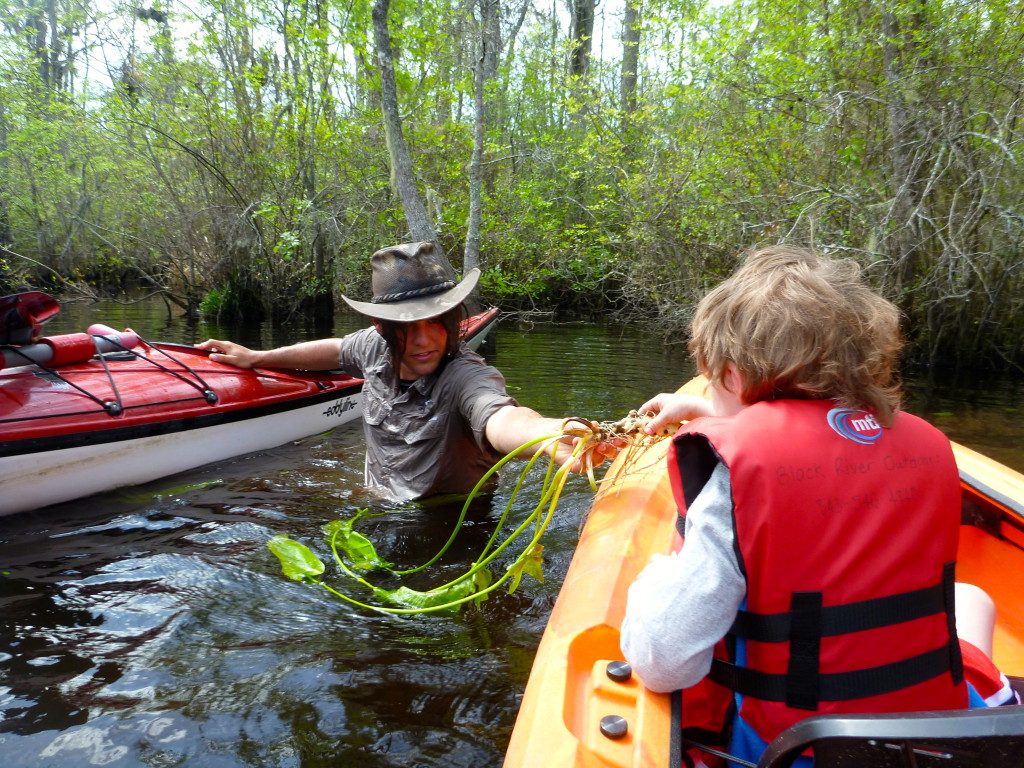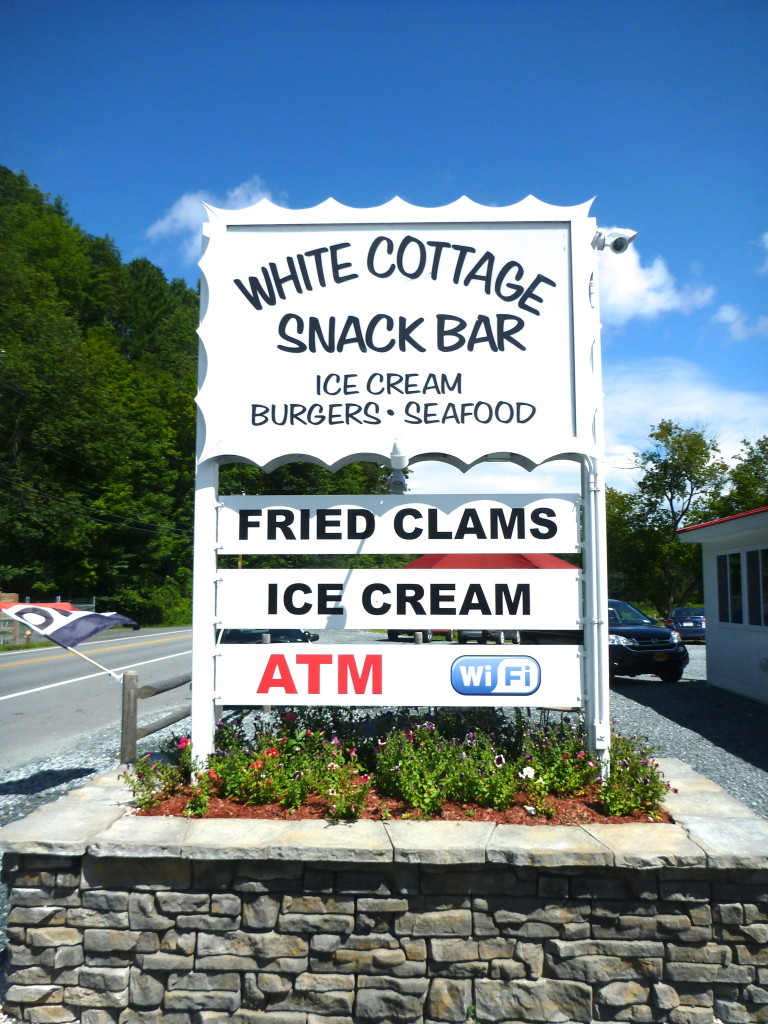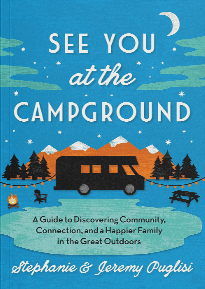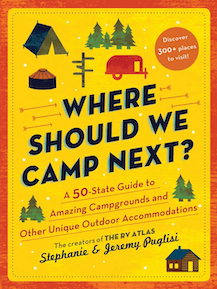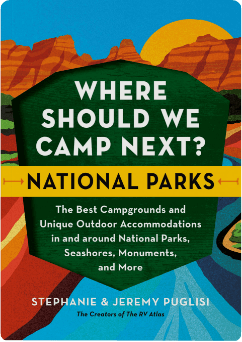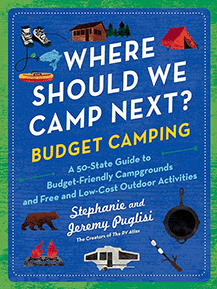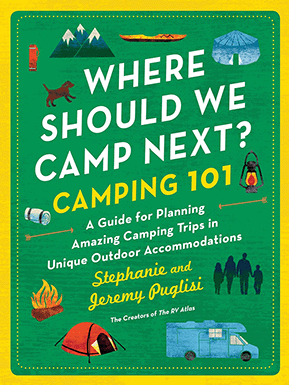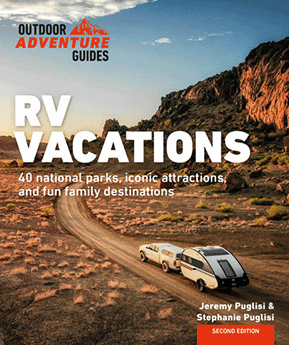We are in serious trip planning mode for the spring season here at RVFTA and if you are a longtime listener and reader, you know that our number one travel tip of all time is to talk to the locals and trust their recommendations.
But that doesn’t mean we don’t do our research ahead of time.
Our current operating method is to arrive at any new destination with an understanding of what it is known for and a list of possible activities that we might enjoy. We also have a loose schedule in our minds since we have discovered it is easy to miss out on great experiences just because you didn’t have a grasp on operating hours or tour times. Our actual itinerary on most trips ends up being a combination of planning and kismet. Finding the sweet spot between these two things is always a work in progress.
So what do we do in advance of any longer RV trip? I recommend using all the usual online tools, then venturing off the beaten path. Here is my general process.
- Research the standard tourist activities. The very first thing I do is find out what everyone does when they go to a place. Some people avoid all things ‘touristy’, but if you visit Yellowstone National Park and don’t see Old Faithful, I think you are pretty foolish. Niagara Falls, the Gateway Arch, and the Golden Gate Bridge are all pretty cliched tourist attractions that I think everyone should visit. Google, Trip Advisor, Fodor’s, Lonely Planet, and US News and World Report Travel will all give you great results for the search “Top 10 things to do in ____.” You can read the reviews, compare lists, pick a couple must sees, and move on.

- Now it’s time to get a little weird. Apps like Roadside America will guide you to offbeat sites that may not be in the traditional travel guides. I always cross check any of these recommendations with other review sites to gage people’s enjoyment of the attraction. Because weird is sometimes better…but not always.

- Search for area festivals during the time you are visiting. I will never forget the blueberry festival that we stumbled upon in Vermont, or the farm frolic that we found in rural Pennsylvania. There are apps and websites where you can search for these things, but I personally like to visit the CVB website (Convention and Visitors Bureau) before I arrive. Or–gasp–call them. These people know everything about what is happening in their towns. Use the local expertise.

- Know your family favorites. Apart from the above research, I also do searches for types of activities and attractions that are big hits every time with our boys. I always look for local nature centers, which often aren’t listed in tourist guides. Other RVFTA standards? Botanical gardens, children’s gardens, boat tours, kayak tours, animal sanctuaries, nature preserves, children’s museums, science centers, minor league baseball stadiums, and popular local park spaces. I search for all of these independently and am amazed by what I discover that is not in popular travel resources.

- Know the culinary highlights. For us, food is an integral part of our traveling experience and one of our favorite ways to enjoy local culture. We always consult our Roadfood book ahead of time to find out if there are any must-visit roadside joints along our route. If there is a special local delicacy, think Michigans in New York State and lobster rolls in Cape Cod, we plan ahead of time to track down the best of the best.

- Let great books inspire you. We are so entrenched in an internet and app culture, that sometimes we forget about literature and travel writing and actual, like, books. Find out if there are any great books written about your destination, or stories that take place there. Reading The Lobster Coast and The Lobster Chronicles before visiting coastal Maine will give you an entirely different understanding of the region.

By the time I have gone through these six steps, I usually have at least 10 area attractions that I think we will try to experience and a handful of restaurants where I suspect we will eat. I try not to get too attached though, because plans change as soon as we start talking to the locals. But that is a blog post for another time.

